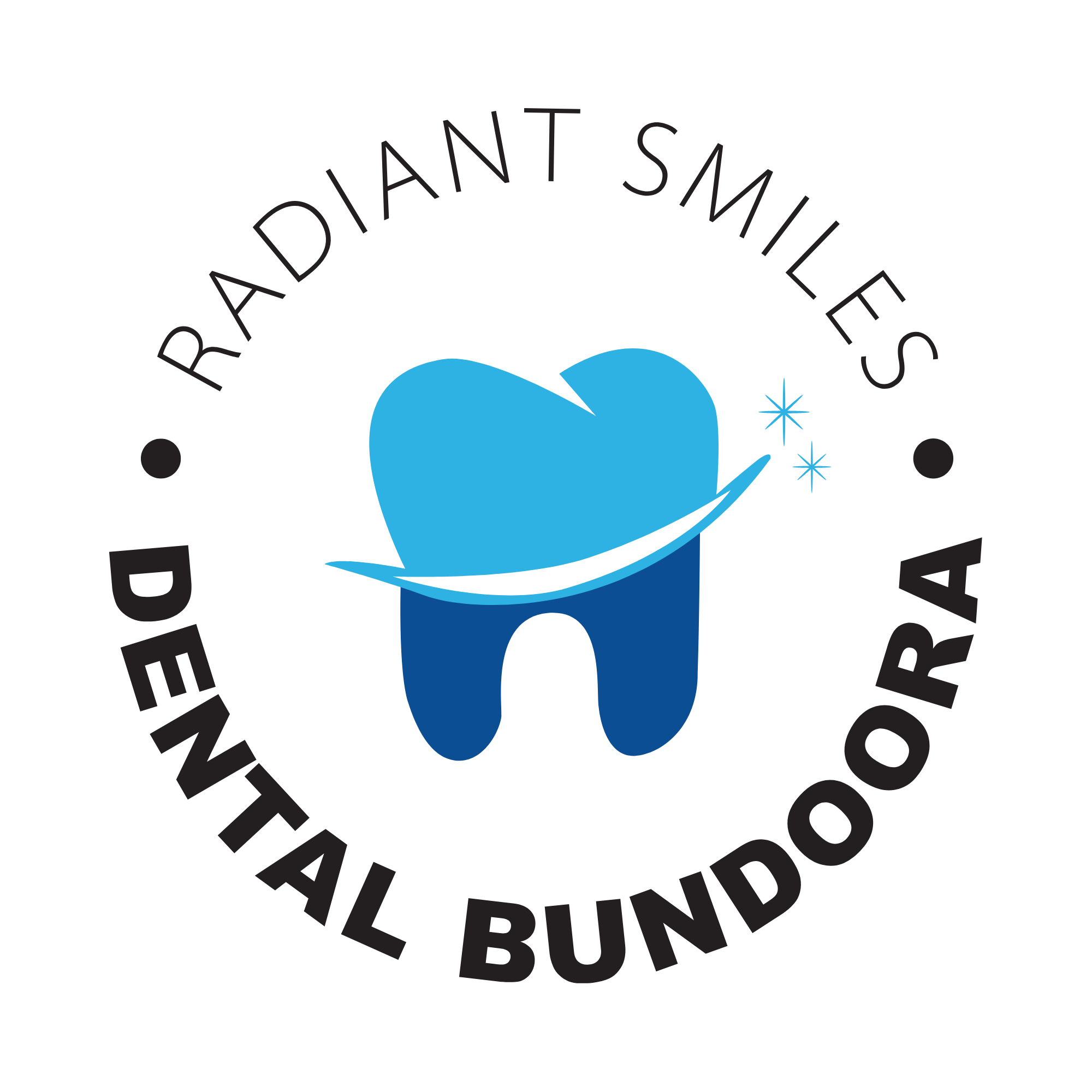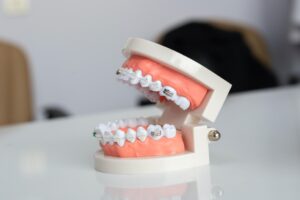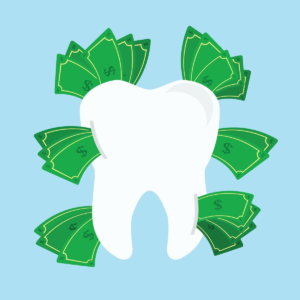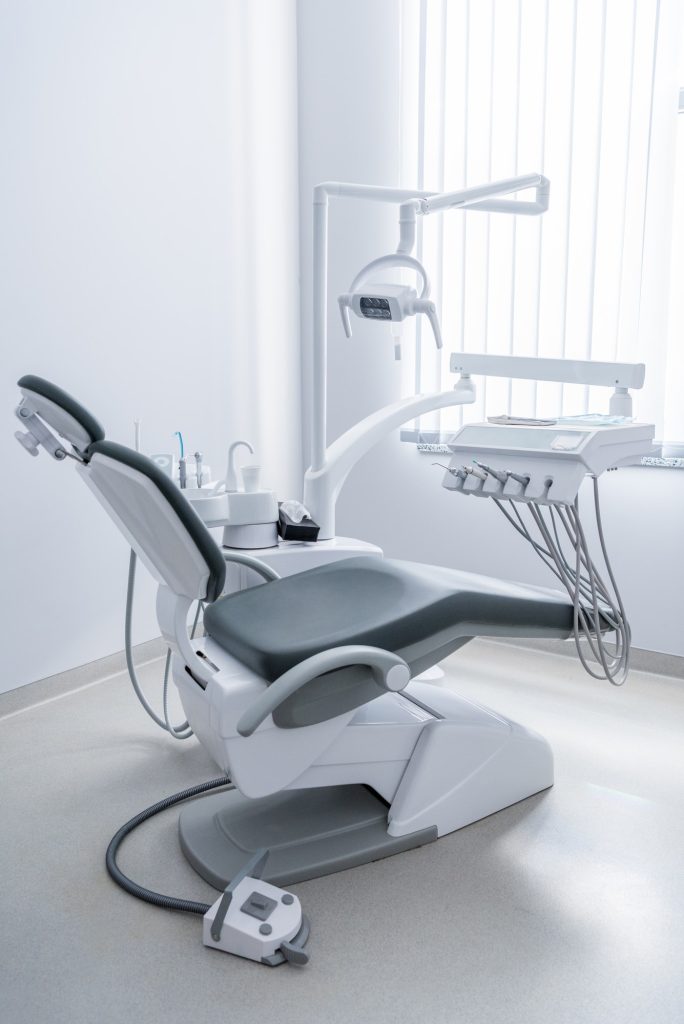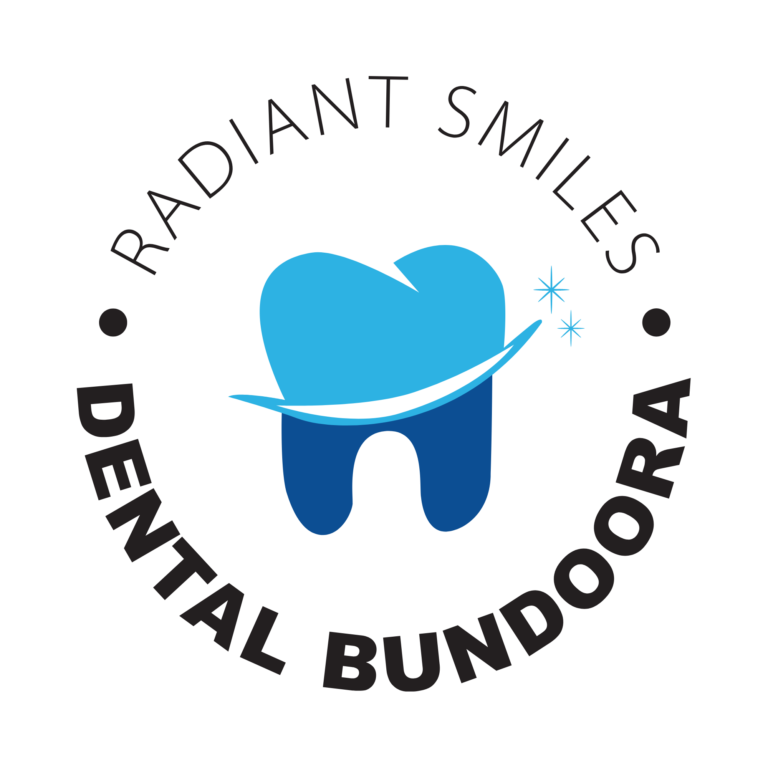Are your teeth causing you unbearable pain? Do you think it might be a dental emergency that requires toothache relief from an emergency dentist? The decision to visit a professional can often be the best way to find much-needed relief.
Any dental issue that requires expedient medical attention to stop the bleeding, alleviate discomfort, or save an affected tooth is categorised as an urgent oral health situation. This includes swelling and infections that could be life-threatening. For example, if you experience mysterious bleeding after a dental procedure or have had your tooth completely knocked out of its socket, these are all indicators to seek assistance from an emergency dentist immediately. Additionally, even seemingly random pain, such as intermittent toothache, can also constitute a dental emergency, depending on how aggravated it gets over time.
Before delving any further into understanding what to do for emergency toothache relief, let’s first identify the most common causes of dental pain.
Common causes of tooth pain
Several factors can cause toothache, including:
Tooth decay
Cavities slowly wear away the protective enamel and dentin surrounding a tooth, leading to potential pain when biting or chewing food — particularly if it’s sweet. When left untreated, cavities can reach depths that result in significant discomfort.
Infection or a dental abscess
Without treatment, a cavity can become an infected breeding ground for bacteria. This will cause the nerves inside your tooth to start dying, and you may experience extreme discomfort, such as pain in the area and sensitivity near it. The gums around the infected site might also swell up due to infection.
Teeth grinding (bruxism)
If you think teeth grinding is an issue, the best course of action is to promptly consult a dentist in order to avert further discomfort and harm to your teeth. In more serious cases, this condition has been proven to place strain on the roots and ligaments, which can lead to toothache.
Oral trauma
If you have suffered an injury that causes jaw pain, such as a blow to the face or falling down, it may feel like a severe toothache. You should check if you have a cracked or broken tooth and contact an emergency dentist right away for a same-day appointment. To reduce discomfort while waiting for the dentist’s help, I would suggest taking over-the-counter medications such as Paracetamol and Ibuprofen, which will bring some temporary relief from toothache.
If you’re experiencing tooth pain, a root canal might be the solution. But if your issue is caused by teeth grinding at night, wearing a protective nightguard could be the answer to relieving discomfort and restoring peace of mind.
When is toothache a dental emergency?
If a toothache has been tormenting you for more than two days and is causing extreme pain, it’s undoubtedly time to visit the dentist. Constant tooth agony usually implies an infected or advanced cavity in your teeth.
If you disregard the infection, it will only worsen with time. The pulp in your tooth’s centre gradually dies off, causing extreme discomfort that can be unbearable. Ultimately, the entire tooth will die and have to be extracted by a dentist – either falling out or remaining in your mouth until then.
What are the benefits of emergency dental care?
When it comes to toothache, don’t wait! Visit an emergency dentist right away. Our experienced professionals can swiftly assess the source of your discomfort and put into motion a plan that will bring you relief at once.

Ignoring tooth pain can lead to additional costly complications, such as an infected tooth needing root canal treatment that may die and require extraction. The process of replacing the extracted teeth with a dental bridge, partial denture or implant is both expensive and invasive compared to timely root canal treatment – making swift action essential when it comes to managing your oral health.
Above all, you’ll gain peace of mind. After receiving the right treatment for your dental problem, you can be assured that it is now under control and won’t cause any more pain or worry. You are free to go on with your life without worrying about niggling tooth issues or oral health concerns.
Emergency toothache relief – What will your dentist do?
The most effective way to alleviate tooth pain is for a dentist to identify and remove the root cause of discomfort. This could mean cleaning away bacteria from shallow cavities or performing a root canal procedure if there are deeper infections that need attention. A filling would be used to seal the tooth afterwards and protect any vulnerable areas. With these measures in place, you can expect your painful symptoms to rapidly subside.
For a periodontal abscess, the dentist will usually perform a straightforward drainage procedure with local anesthesia. Antibiotics may also be injected into the affected gum pocket to speed up healing. If there is an issue of tooth fracture or crack, specialised dental bonding can seal it off and stop bacteria from penetrating further and causing discomfort. Lastly, when substantial parts of a tooth’s structure are filled in or missing entirely, then placing a dental crown may be beneficial for restoring its vitality again.
5 home remedies for toothache relief
- Rinse your mouth with salt water. Saltwater can provide temporary relief from a toothache, as it helps reduce swelling and removes bacteria from the affected area.
- Apply a cold compress. Cold temperatures can help numb the pain and reduce inflammation caused by toothache.
- Mix cayenne pepper and ground cloves into a paste and apply it to the affected area. This mix is an ancient remedy for treating toothaches, as the capsaicin in cayenne pepper is known to be effective at numbing pain, while ground cloves act as an anti-inflammatory agent.
- Take an over-the-counter medication such as ibuprofen or acetaminophen to help relieve the pain from a toothache.
- Use an essential oil like eucalyptus, rosemary or clove oil to soothe discomfort caused by a toothache. Simply dilute the oil with water and swish it around your mouth for a few minutes before spitting it out.
What is the prognosis for a toothache?
Modern dentistry offers us excellent oral care, allowing dentists to identify and treat symptoms quickly. Nonetheless, it is ideal that any sign of a toothache should be addressed swiftly in order to avoid the spread of infection or further harm to the tooth structure.
Is it possible to prevent toothache?
Consistent dental care and good oral hygiene are paramount in avoiding toothache. Make sure to brush twice a day with fluoride toothpaste for optimal results, as well as floss once a day at home. Regular visits to the dentist should also be part of your routine so that any developing issues can be addressed quickly before they become major problems.
Are you dealing with a painful tooth?
Don’t let a toothache ruin your day – reach out to the compassionate Dr Sangeeta at Radiant Smiles Dental Group and get that painful problem taken care of. Schedule an emergency appointment with us now and start feeling better soon.
References:
BMJ Best Practice – Dental Abscess
https://bestpractice.bmj.com/topics/en-us/1206
Health Direct – Root Canal Treatment
https://www.healthdirect.gov.au/root-canal-treatment
PubMed Central – Diagnosis and treatment of abnormal dental pain
https://www.ncbi.nlm.nih.gov/pmc/articles/PMC5564113/
 Now
Now